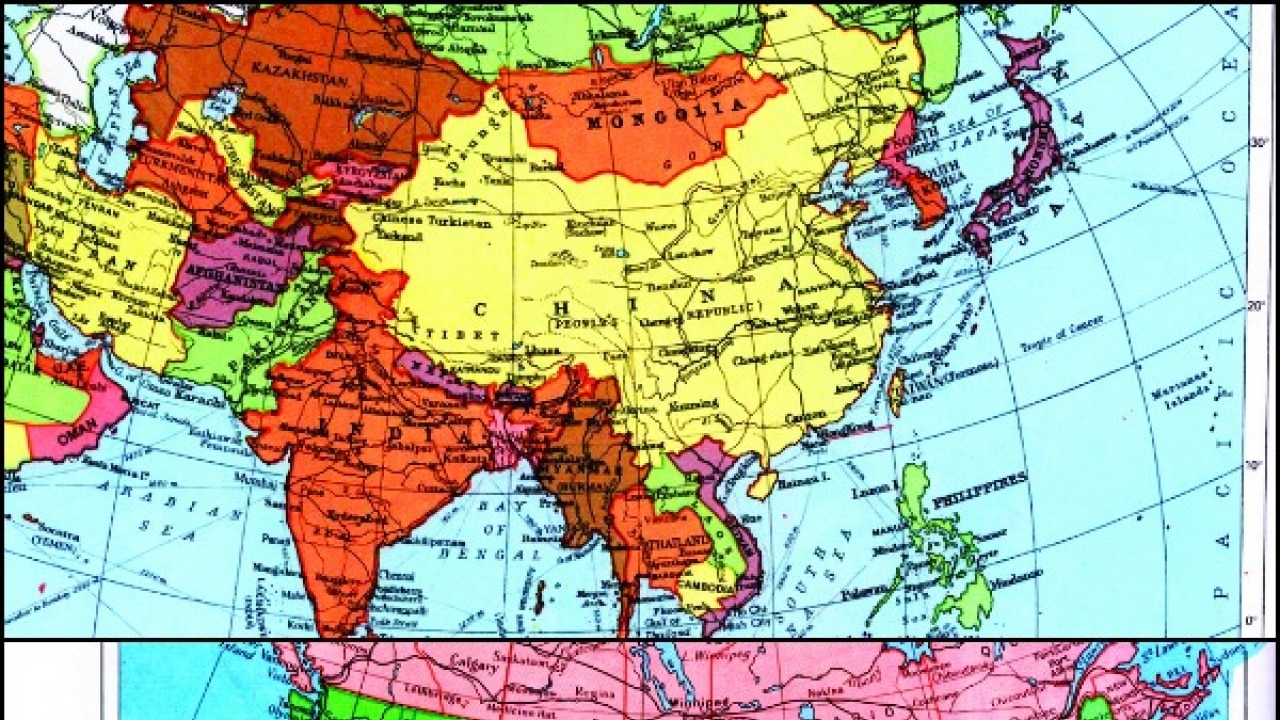
For a relationship that has been described as “higher than the Himalayas, deeper than the Indian Ocean and sweeter than honey,” there has been little to show for in China-Pakistan bilateral relationship in recent years.
Chinese President – recently - tried to shake off that pessimism by unveiling mega plans for expanding economic and strategic ties with Pakistan. The two nations have set a target of $20 billion for their bilateral trade from the current $16 billion. In one of the largest defence deals for China, it is selling 8 diesel-electric submarines to Pakistan as well as 110 latest JF-17 Thunder fighter jets. The much talked about $46 billion investment package in the China-Pakistan Economic Corridor, between Pakistan’s Gwadar Port on the Arabian Sea and China’s western Xinjiang province, is part of Beijing’s ambitious Maritime Silk Road initiative.
Yet, it is not clear if much of this package will come to anything substantive. After all, the previous record is not positive with China promising much but very little reaching Pakistan. With Pakistan needing massive doses of infrastructure investment and China needing external contracts, there is indeed an economic logic to the new Sino-Pak partnership. But the new urgency in Chinese outreach to Pakistan is an attempt by Beijing to come to grips with its own internal security situation where Uighur militants are getting logistical and ideological support from jihadi groups based in Pakistan.
Pakistan enjoys a multifaceted and deep-rooted relationship with China underpinned by mutual trust and confidence. Islamabad has prioritized close ties with China, and Beijing has provided extensive economic, military and technical assistance to Pakistan over the years. In fact, Pakistan enabled China to cultivate ties with the West, particularly the US, in the early 1970s, as Pakistan was the conduit for then-US National Security Advisor Henry Kissinger’s landmark secret visit to China in 1971 and was instrumental in bringing China closer to the larger Muslim world.
Over the years China has emerged as Pakistan’s largest defense supplier. Military cooperation between the two countries has deepened with joint projects to produce armaments ranging from fighter jets to guided missile frigates. China is a steady source of military hardware to the resource-deficient Pakistani army. China has played a major role in the development of Pakistan's nuclear infrastructure and has emerged as Pakistan’s benefactor at a time when increasingly stringent export controls in western countries have made it difficult for Pakistan to acquire materials and technology. As such, the Pakistani nuclear weapons program is essentially an extension of the Chinese one. This is perhaps the only case where a nuclear weapon state has given weapons-grade fissile material – as well as a bomb design – to a non-nuclear weapon state.
there are calls in Pakistan to adopt a foreign policy that considers China – not the US – to be Pakistan’s strongest ally and most significant stakeholder. China’s emergence as the leading global economic power, coupled with increased cooperation between India and the US, has helped this suggestion gain traction. Washington has historically been accused of using Pakistan in times of need and then deserting it in exchange for stronger relations with India to serve its larger strategic agenda. China is considered a reliable ally that has always come to Pakistan’s aid when India has seemed on the ascendant – so much so that China has even tacitly supported Pakistan’s strategy of using terror as a policy instrument against India. Not surprisingly, Pakistan has given China a “blank check” to intervene in India-Pakistan peace talks.
With India ascending in the global hierarchy and strengthening its ties with the US, China’s need for Pakistan is likely to grow. This has been evident in China's polices toward Pakistan on critical issues in South Asia. A rising India makes Pakistan all the more important in China’s strategy for the subcontinent. It is highly unlikely that China will give up playing the Pakistan card vis-à-vis India anytime soon. The China-Pakistan partnership serves the interests of both partners by presenting India with a potential two-front theater in the event of war with either country.
And for China, Pakistan is increasingly important to fend off a joint Indo-US challenge. South Asia is emerging as an important new front in the balance of power struggle between the US and China as well as India and China, and the region's importance is only likely to increase in the coming years.
China will also be hosting the Indian Prime Minister next month and would like to work with India in a context where the US-India-China triangle is fast emerging as a key factor in the larger Indo-Pacific geopolitics. Under the Modi government in Delhi, new possibilities have emerged in Sino-Indian ties as there is recognition in Beijing that this government is its best chance to resolve long-standing disputes with India. But, so far, Pakistan and the consequences if its short-sighted approach towards Afghanistan have not been part of Sino-Indian bilateral agenda. After the Chinese President’s visit to Pakistan and Afghan President’s visit to India there are signs that this might change and new regional equations might emerge.
The author teaches at King’s College, London